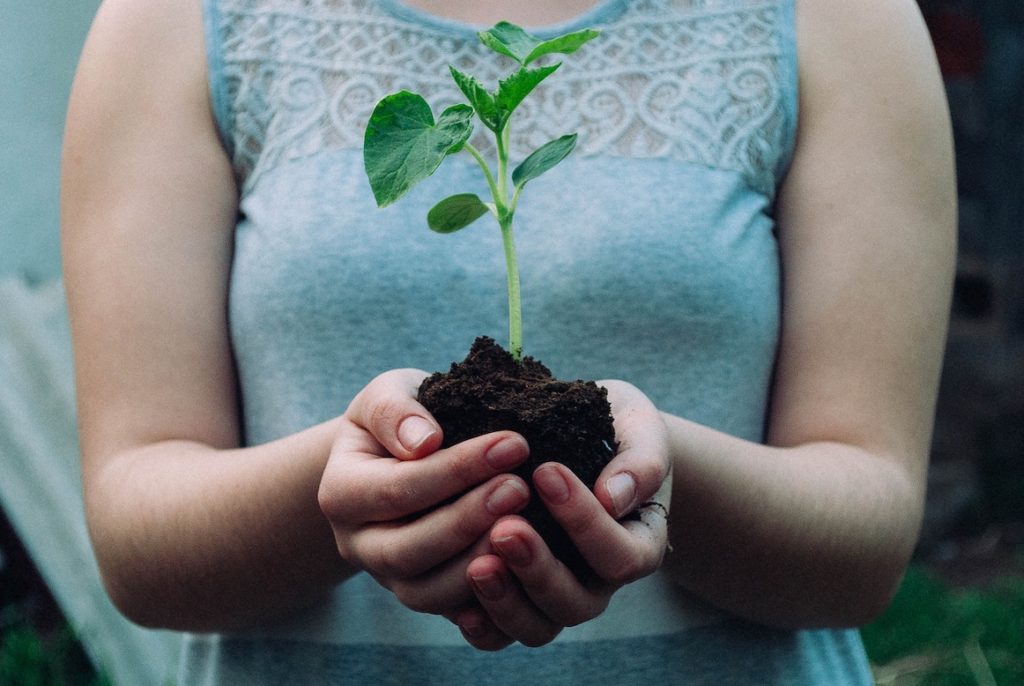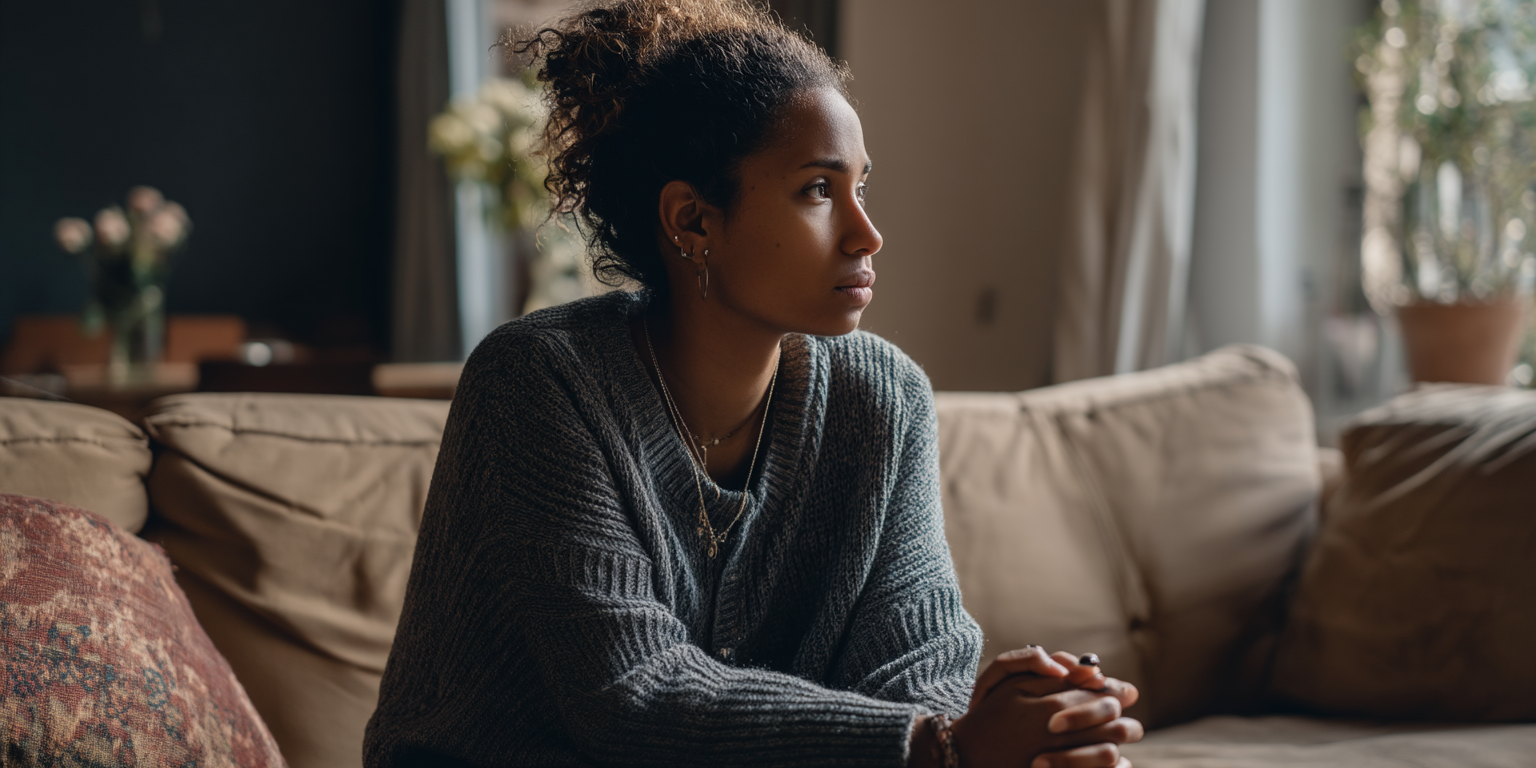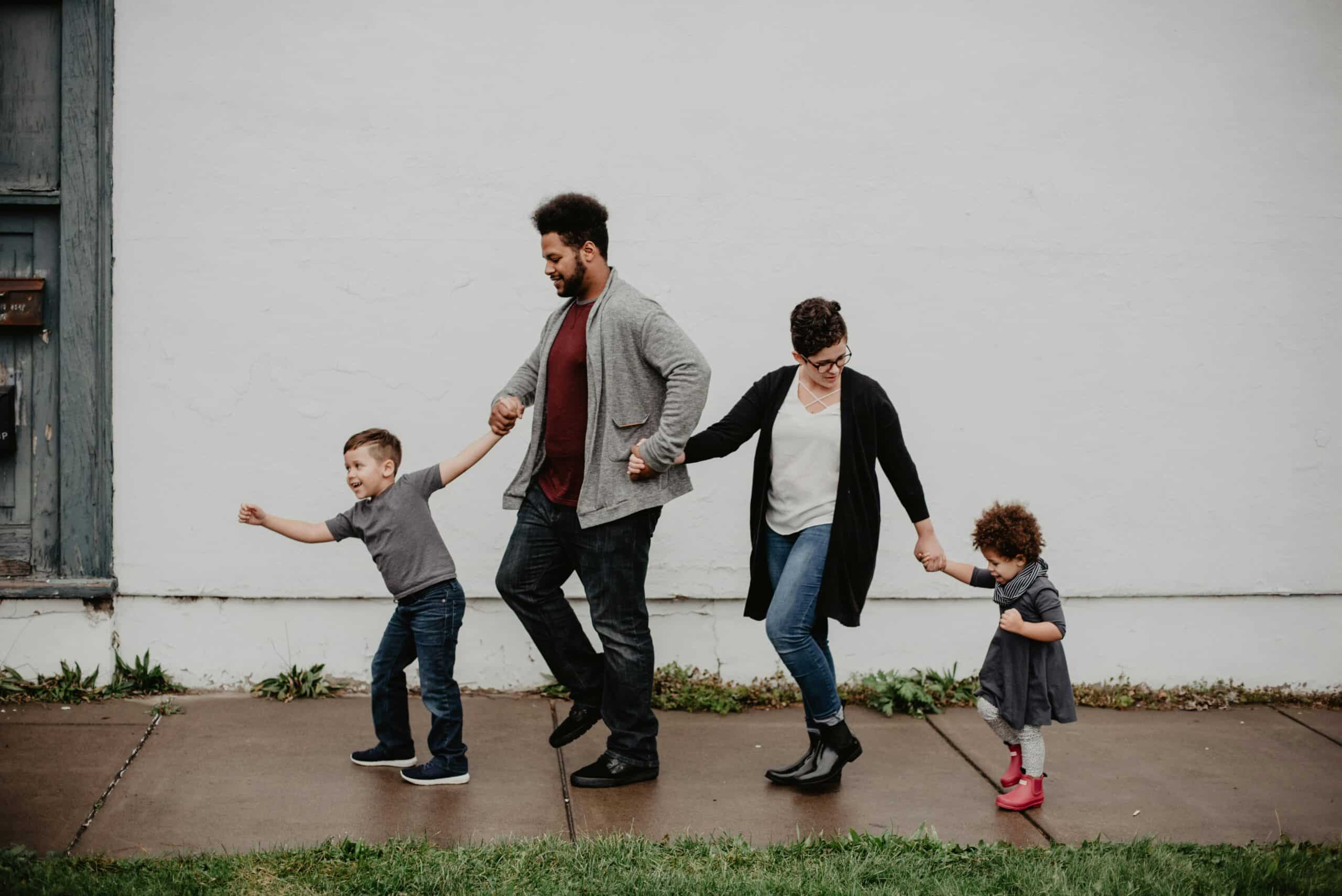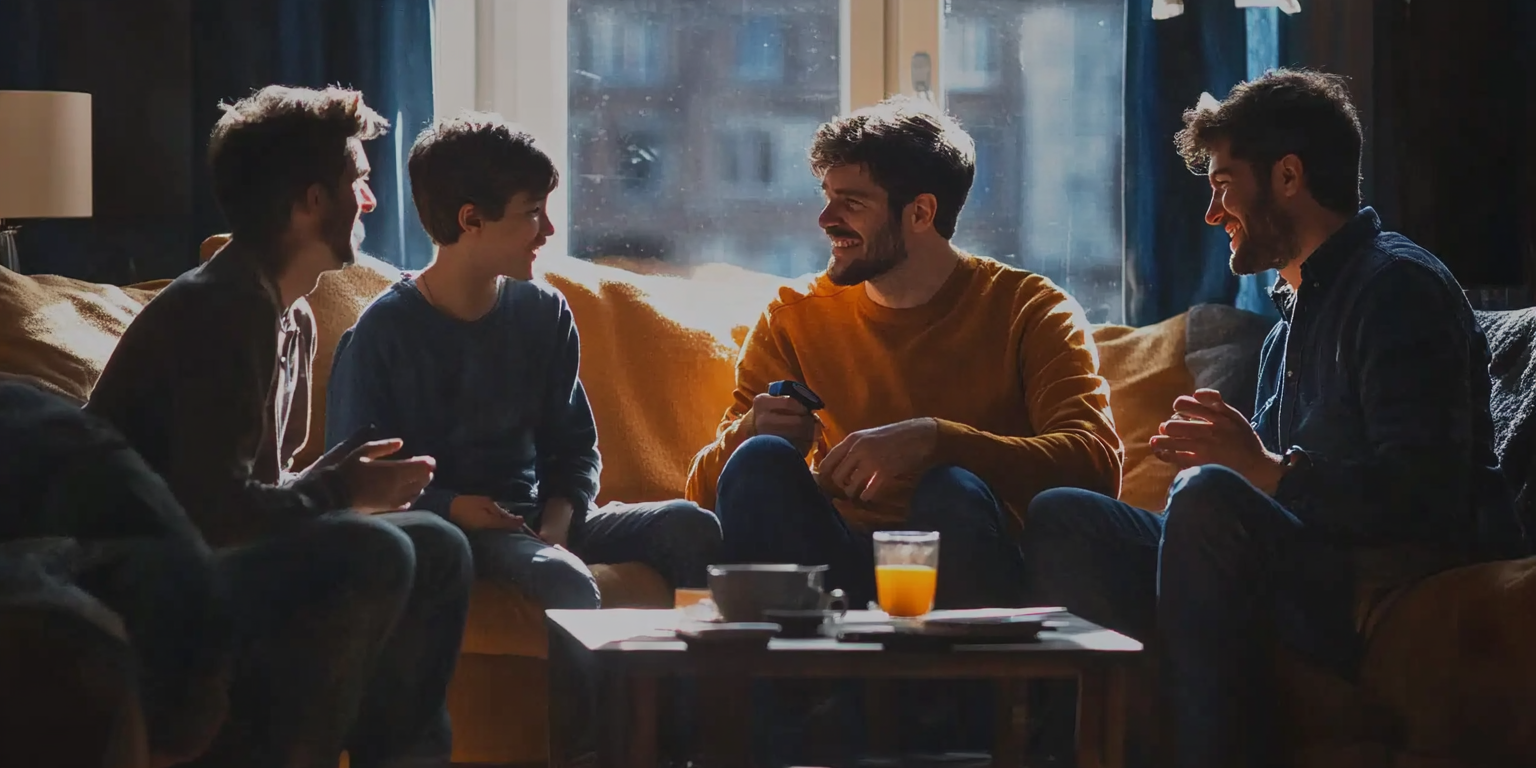4 Min Read
The Magic of Mistakes: Learning to Grow
“Take chances, make mistakes. That’s how you grow.”
Mary Tyler Moore
Actress Mary Tyler Moore may be best known for her brilliant smile, sharp wit, and of course, that iconic hat-throwing scene in the introduction to The Mary Tyler Moore Show. Moore’s character on the show, Mary Richards, a sassy and smart young woman thriving on her own in the big city, gave an entire generation of women hope that they, too, could “make it after all.” Moore was equally courageous in her real life, battling diabetes and serving as an activist for multiple causes. However, she wasn’t perfect. She struggled with alcoholism and was married three times. But at the end of the day, those challenges, or mistakes, made her stronger.

Learning From the Past, Looking to the Future
Moore’s words about taking chances, making mistakes, and using those experiences for personal growth are profound, especially in today’s culture where personal development, mental and physical wellness, and self-actualization are taking precedence. Her statement may seem contradictory, though, with current mantras to live only in the present and not look back to the past. However, learning from mistakes is not the same as dwelling on the past. It’s a way to design a better, more prosperous future.
Face it. Everyone is going to make mistakes, both big and small. You’ll turn left when you should have gone right (or swipe right when you should have swiped left), say something you later regret, oversleep, or maybe accept the wrong job offer. The key to turning these negatives into positives for personal growth, though, is realizing the mistake and adjusting your behavior to make sure they don’t happen again. You might pay closer attention to the details of your map app (or dating app), think a few seconds longer before you speak, set two alarms instead of one, or leverage the new skills you acquire from a wrong career decision to find a better job.
Learning for Life
Continuous learning— from mistakes and otherwise—is a powerful way to accelerate your personal development. You can learn from meeting new people and listening to their stories and life lessons. Traveling expands your horizons, introducing you to new cultures, traditions, and adventures. Exploring new places, experimenting with fresh thoughts or ideas, and discovering new people all contribute to your personal growth.
You could take a more formal route and take courses to learn new skills or sharpen your existing strengths. Professionally, you might find a mentor to guide you to make better decisions in your work life. Reading is a tried-and-true resource for learning new things and expanding your mind. How you learn is entirely up to your personal preferences. Sometimes, you even learn without realizing you’re learning just by exposing yourself to new experiences.
Learning from your mistakes can be more of a challenge. It takes discipline not to do the same thing again, even if you know it will lead to negative consequences. Take the mistake of choosing french fries over a side of broccoli, or falling for yet another irresistible but dangerous “bad boy.” Your brain might be screaming, “Don’t do it! You know what will happen!” But your taste buds or foolish heart might win out. Learning from your mistakes means you discipline yourself to make those hard choices by reminding yourself of what happened the last time you made the wrong decision—and realizing you don’t want it to happen again.

Find a Therapist to Grow and Make Progress
Get personalized matchesEmbrace Your Mistakes
Some mistakes can indeed be detrimental or even devastating. Mistakenly accusing someone of something they didn’t do can destroy relationships and reputations. Making an error within a significant financial calculation could cost a company millions of dollars. In these cases, it might take more than a simple apology to repair the damage your mistake has caused.
Most mistakes, though, are forgivable and easily overcome, even if they impact others. Once you realize you’ve made a mistake that affects or harms someone else, recognizing your error and apologizing to that person is vital to moving forward in and hopefully strengthening your relationship. Taking responsibility for your mistakes is also crucial to your personal development.
Getting past the fact that you made a mistake, even when you’re the only one who knows about it, is crucial. Forgive yourself, learn from the consequences, and try not to repeat the action. Dwelling on mistakes is an unhealthy behavior that can wreck your self-esteem and delay your personal growth. Making a mistake doesn’t necessarily make you an evil person.
Working Through Mistakes
There are a few exercises you can try to overcome a mistake you can’t seem to shake. Psychotherapist Amy Morin recommends instead of dwelling on an error, try reflecting on it. Write down what happened, why you think it happened, and why it’s making you feel bad. Journaling, or putting your thoughts into words, is an excellent tool for personal development. Morin also advises making it more challenging to make that mistake again. For example, one of Morin’s clients who couldn’t control her online spending froze her credit cards in a block of ice to make it harder for her to make impulse buys.
If you’re struggling with a mistake you can’t overcome emotionally or psychologically, or if you find yourself making the same mistakes over and over again, consider talking to a mental health professional. Find a good therapist can not only help you get past the mistake but also work with you to understand why it happened and how to keep it from happening again.
Find a Therapist to Grow and Make Progress




